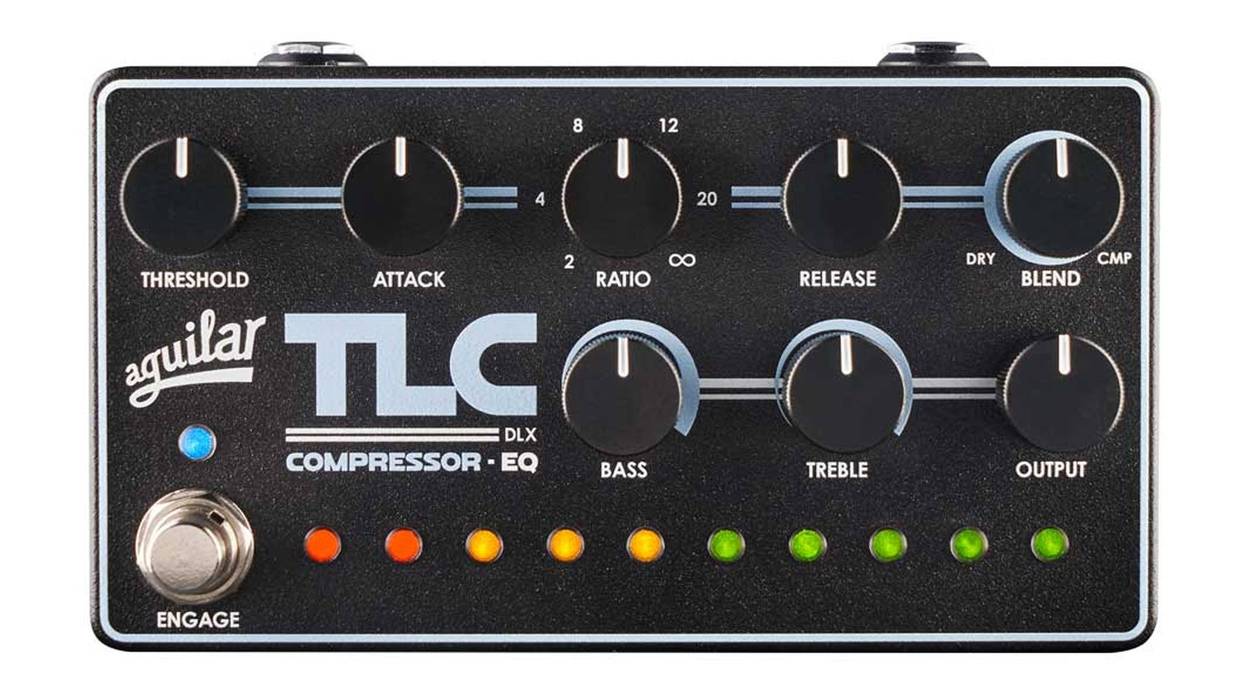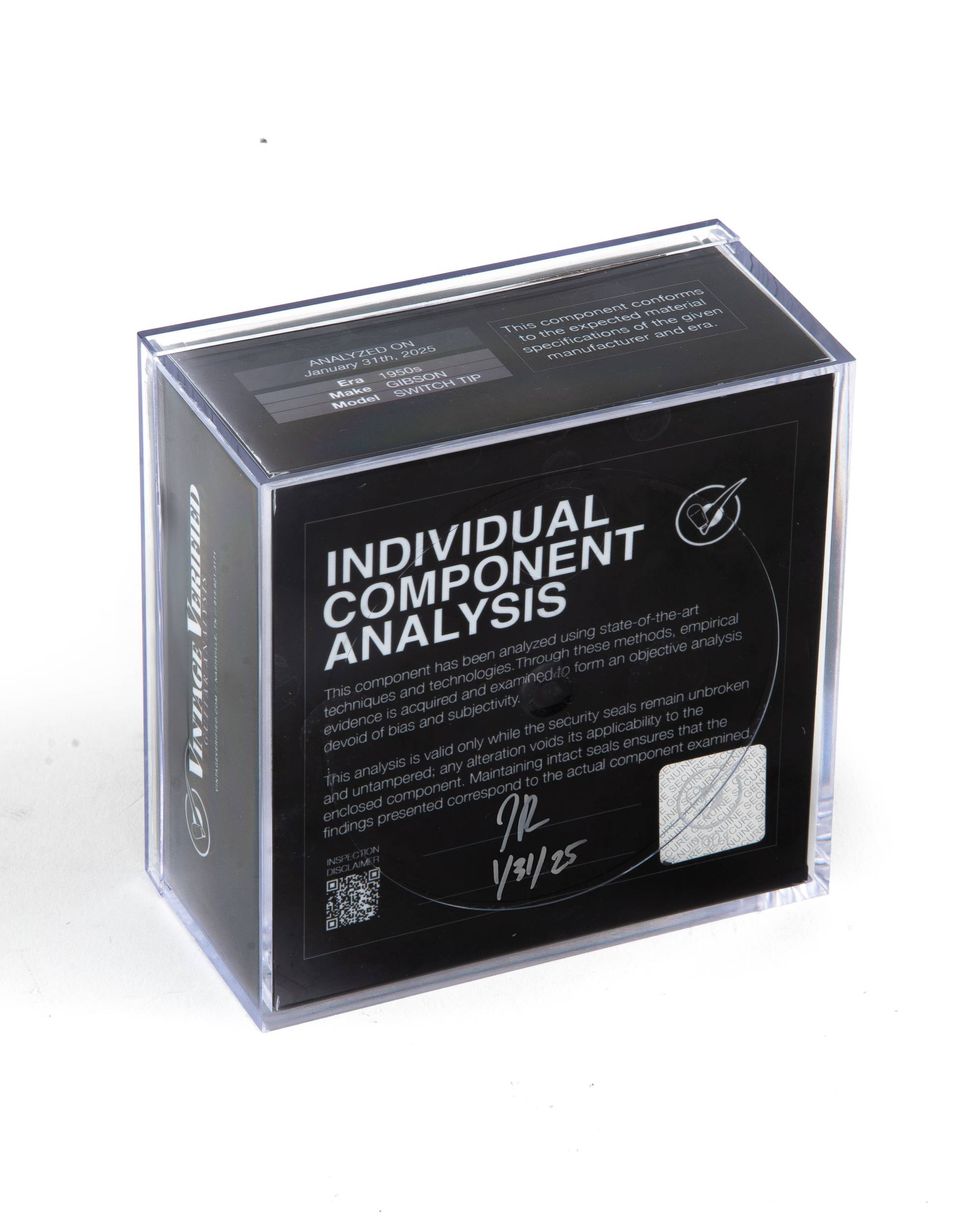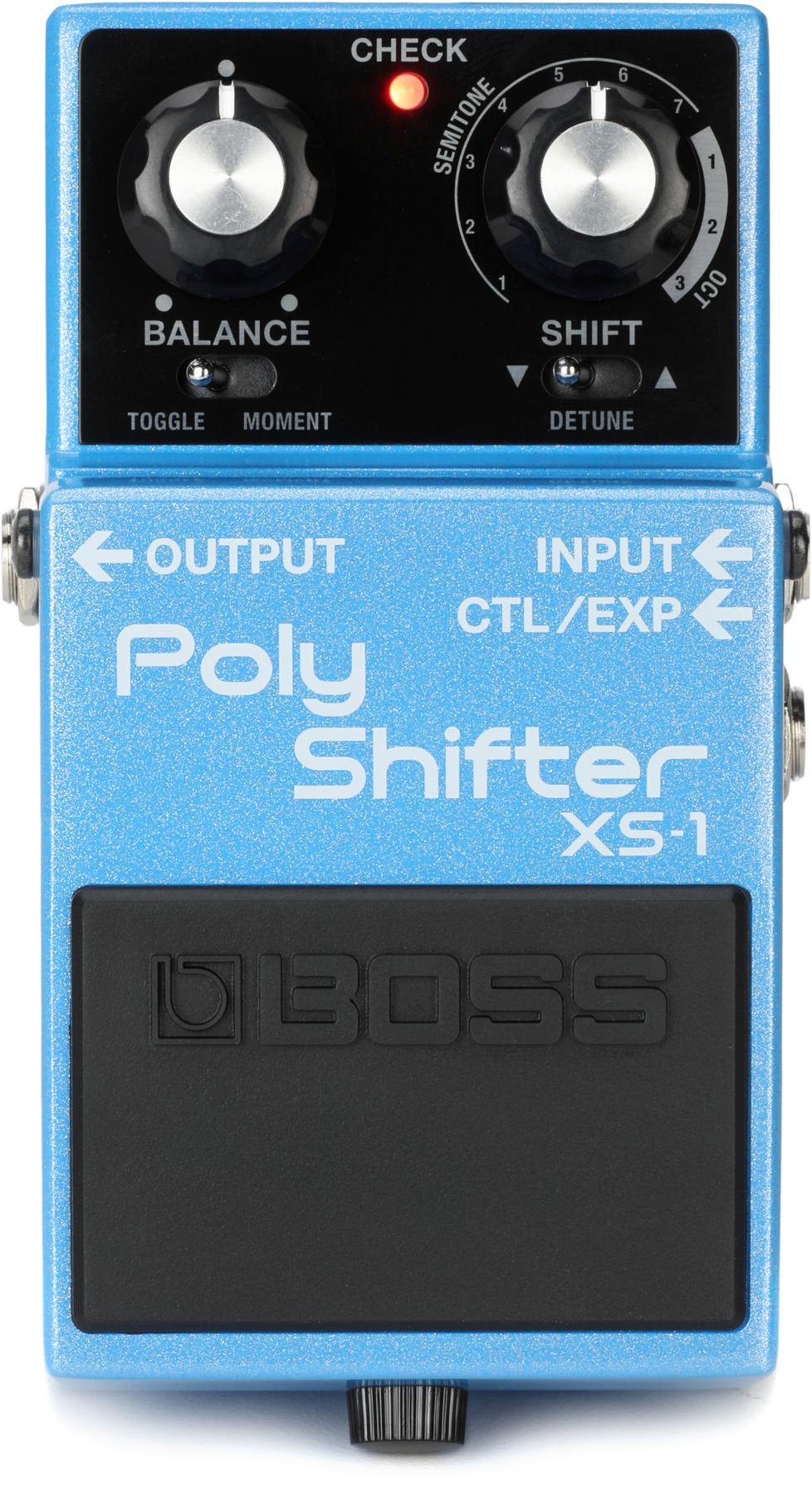PG's Shawn Hammond is On Location at the 2010 NY Amp Show where he visits the Pigtronix room. In this segment, Pigtronix's Dave Koltai walks us through the new Philosopher King.
The Philosopher King is a compressor, sustainer, distortion and polyphonic amplitude synthesizer. Combining their award-winning Philosopher's Tone circuit with a next generation envelope generator, the Philosopher King takes tone several steps further with a full set of ADSR controls including swell, fade, hold level, speed range, one-shot mode, selectable auto reset, CV i/o and expression pedals for swell and fade times.
With the Swell and Fade functions switched off, the Philosopher King provides optical compression with endless sustain on tap. Adjustable compression (ratio), sustain (threshold) and treble (2k cut / boost) controls allow the musician to tailor the nature of the effect to meet the needs of the material at hand. From a subtle dash of added punch to massive, over-the-top howling sustain, the Philosopher King delivers clean, powerful optical compression. The grit control blends in a layer of sweet harmonic distortion that plays nice with other gain pedals as well as amplifier-generated tube distortion.
The Philosopher King's swell function provides a pick triggered volume swell effect. The volume swell can be reset at any moment by muting or held open by continuous playing. This "slow gear" type effect is smooth and controllable with variable timing from extremely fast to very slow.
The fade function can be used independently of the swell and is also pick triggered. A new feature of the decay cycle in this pedal is the ability to fade out from peak level only partially, bringing the audio down to a predetermined level, set by the hold control. The hold level is then maintained until the player releases the note to close the cycle. With the auto reset turned on, the cycle will begin again immediately, creating undulating amplitude modulation and even pulsating tremolo stutter effects at faster decay settings. With the auto-reset turned off, the player determines the exact timing for the beginning of the next cycle.
Another new feature is the one shot mode, which causes the Philosopher King to run through the swell / fade / hold / release cycle regardless of what is played after the cycle is triggered. In this mode, the Philosopher King creates complex waves of amplitude modulation on top of the music coming from your instrument. A trigger input jack allows the swell and fade functions to be controlled by an external source such as a band mate or drum track.




















